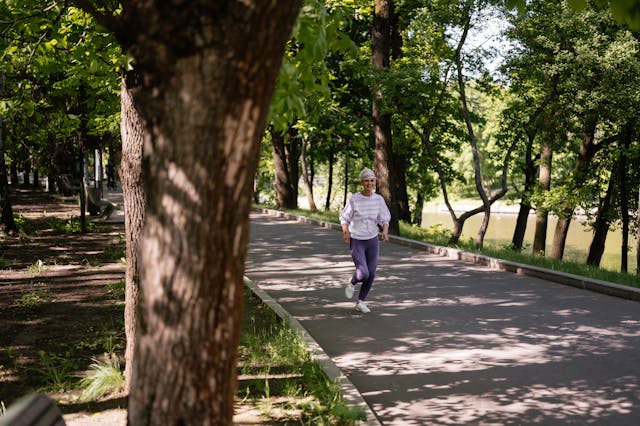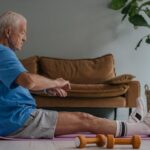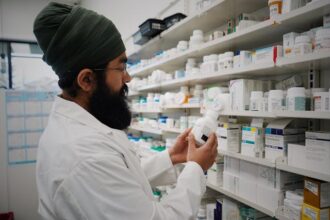After experiencing severe heart failure, the heart’s natural capacity to regenerate by creating new cells is significantly diminished. Yet, a new study from Karolinska Institutet in Sweden, published in the journal ‘Circulation’, reveals that treatment involving a supportive heart pump can significantly enhance this regenerative ability, surpassing even that of a healthy heart.
The human heart’s potential to renew itself through the regeneration of its muscle cells, known as myocytes, is notably restricted under normal circumstances. The extent of this regenerative capability in hearts suffering from severe failure has remained unclear until now.
Researchers at Karolinska Institutet have uncovered that post-injury, the heart’s cell renewal rate declines even further than a healthy heart. The typical treatment for patients with advanced heart failure involves the surgical implantation of a device designed to aid the heart in pumping blood, known as a left ventricular assist device (LVAD). This device appears to activate the heart’s repair mechanisms.
Unexpectedly, the study found that patients equipped with this type of heart pump and who had noted considerable improvements in heart function exhibited the ability to regenerate heart muscle cells at a rate more than six times that observed in healthy individuals.
Olaf Bergmann, a senior researcher at the Department of Cell and Molecular Biology at Karolinska Institutet and the study’s last author, commented on the findings. “The results suggest that there might be an undiscovered method to initiate the heart’s inherent repair mechanism,” he noted. The precise mechanism driving this effect remains elusive, and current data offer no clear explanations.
“It is challenging to pinpoint the reason,” Bergmann added. “We have not found a clear explanation for this phenomenon in our current data, but our future research will focus on understanding this process at both the cellular and molecular levels.”
These findings pave the way for new treatments to enhance the heart’s ability to repair following damage, thus reducing the dependence on heart transplants and other forms of long-term mechanical support. “This provides a glimmer of hope that recovery from a heart incident could potentially be accelerated,” Bergmann remarked.
Determining the age of cells within the human body poses significant challenges, particularly in distinguishing between new and old cells. However, the research team has employed a novel method developed by Jonas Frisén, a professor of stem cell research at Karolinska Institutet. This technique relies on the fact that the level of radioactive carbon in the atmosphere has decreased steadily since the nuclear test ban in 1963. Each subsequent year sees a reduction in radioactivity in newly formed cells, allowing researchers to ‘date’ these cells by measuring their radioactive content.
More information: Wouter Derks et al, A Latent Cardiomyocyte Regeneration Potential in Human Heart Disease, Circulation. DOI: 10.1161/CIRCULATIONAHA.123.067156
Journal information: Circulation Provided by Karolinska Institutet








